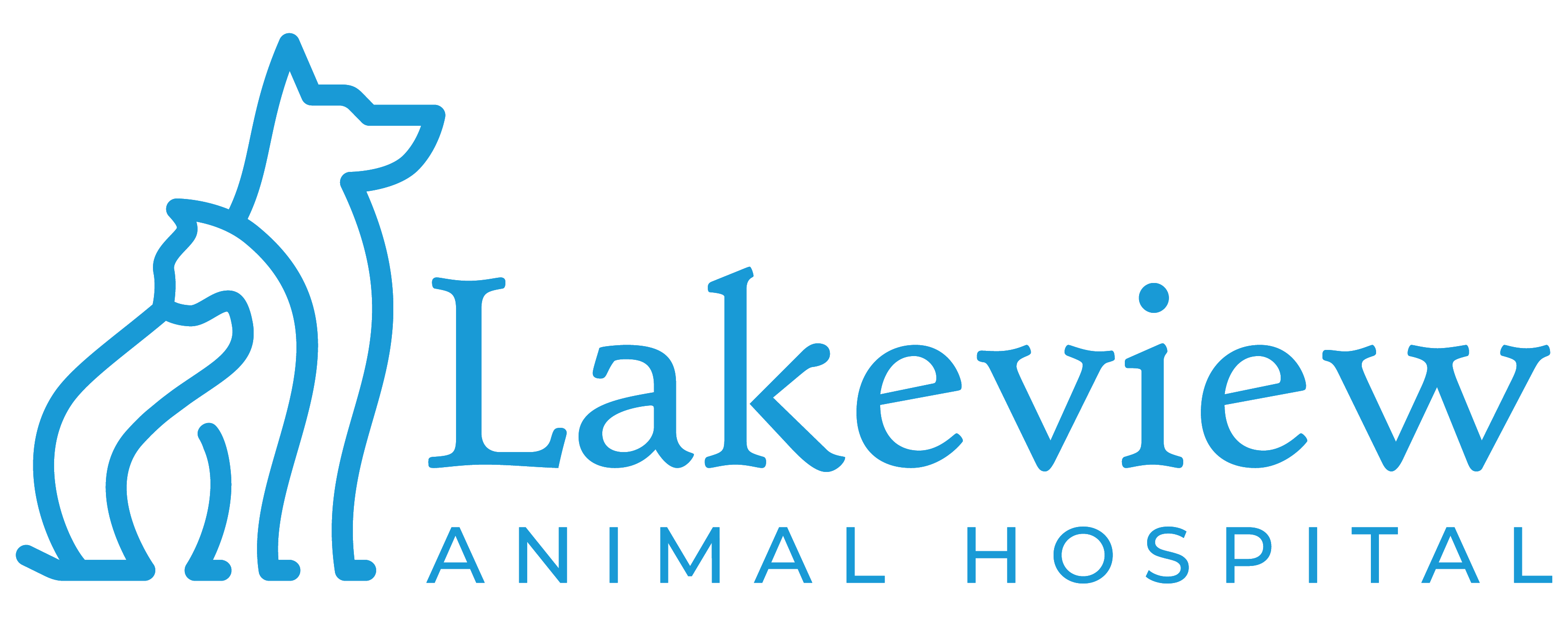Educational Articles
-
This handout outlines the use of disease-modifying osteoarthritis drugs (DMOADs) in cats, specifically the use of polysulfated glycosaminoglycans (PSGAGs). The rationale for their use, potential side effects, and treatment expectations are explained.
-
Kaolin/pectin is given by mouth and is used off label to treat diarrhea and certain toxicities. Use as directed by your veterinarian. Side effects are uncommon, but constipation is possible (rarely). Do not use in pets that are allergic to it, or to control severe diarrhea or diarrhea that is caused by an infection. Do not use the combination product that includes bismuth subsalicylate in cats. If a negative reaction occurs, please call your veterinary office.
-
Keratoconjunctivitis sicca (KCS) is also commonly referred to as dry eye. It is an uncommon eye condition in cats. It results from inadequate production of the watery portion of the tear film by the lacrimal gland or the third eyelid gland. Cats with KCS have painful, red, eyes with squinting. Corneal ulcers may also be present. Chronic cases have scarring on the cornea, impairing vision. The prognosis for cats diagnosed with KCS is good with long-term treatment and diligent monitoring.
-
Ketoconazole is an antifungal given by mouth in the form of a tablet, used off label to treat fungal infections in dogs, cats, small mammals, and reptiles. The most common side effects are vomiting, diarrhea, lack of appetite, and weight loss. Do not use in pets that are allergic to it and use extreme caution when using in cats or pregnant pets.
-
Ketoconazole otic is an antifungal used in the treatment of external ear infections (otitis externa) caused by yeast in cats, dogs, and other animals. Ketoconazole otic comes in ointment or liquid drop suspension forms that may be specially compounded and/or combined into a formulation with other medications.
-
Ketoconazole topical is an antifungal used in the treatment of skin infections caused by fungal organisms in cats, dogs, and other animals. It comes in a variety of forms that may be specially compounded and/or be combined with other medications.
-
Ketoprofen is given by mouth in the form of a capsule or tablet to treat pain and inflammation in dogs and horses. It’s use in animals is off label. Do not use this medication in pets that are allergic to it, or in pets concurrently using corticosteroids or other NSAIDs. If a negative reaction occurs, call your veterinary office.
-
Ketorolac is applied topically to the eye to treat pain and inflammation of the eye. Its use in dogs and cats is off label. Do not use this medication in pets that are allergic to it. If a negative reaction occurs, call your veterinary office.
-
Acute renal failure (ARF) or acute kidney failure refers to the sudden failure of the kidneys to perform normal filtration duties. This is not the same as the much more common form of kidney failure, chronic renal failure (CRF).
-
Play is important. All kittens need the opportunity to play with toys as well as social play. While learning about their environment, kittens can damage valuable objects, including furniture and curtains. Toys and treats can be hidden inside empty boxes and kiddie tunnels to satisfy a kitten’s need to explore. Supervise kittens carefully to prevent damage and to keep them safe.

